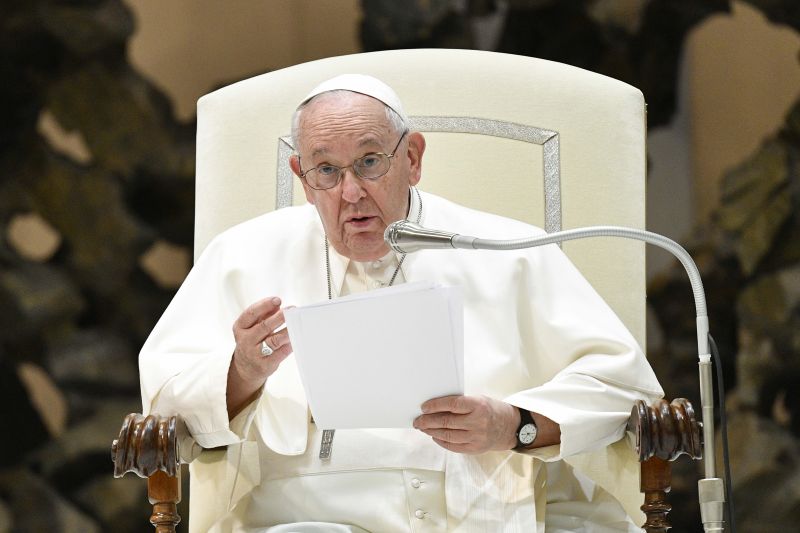
Vatican City, Mar 25, 2020 / 06:56 am (CNA).- Pope Francis Wednesday accepted the resignation of Bishop Robert Baker of Birmingham, Alabama, nominating Bishop Steven J. Raica of the diocese of Gaylord, Michigan, as his successor.
Baker, 75, has been a bishop for 20 years. He headed the Diocese of Birmingham since 2007. The pope has appointed Baker apostolic administrator of the diocese until Raica's installation.
Raica’s Mass of installation will be held June 23 at the Cathedral of St. Paul in Birmingham, according to the diocese.
The Diocese of Birmingham covers more than 28,000 square miles of Alabama and serves over 104,000 Catholics.
In a statement March 25, Baker promised his prayers for Bishop Raica and pledged collaboration and support.
The 67-year-old Raica, a Michigan native, has been bishop of Gaylord since August 2014.
He has experience working in deaf ministry and is fluent in American Sign Language. He can also speak Italian and Polish conversationally.
Born in 1952 in Munising, Raica was ordained a priest of the Diocese of Lansing in 1978. In 1998, St. Pope John Paul II named him a prelate of honor.
As a priest, Raica served in various parishes in Burton, Flint, Ovid, Charlotte and Bellevue. He served as co-rector of Lansing’s St. Mary Cathedral and chaplain of Olivet College in Olivet.
He was also superior of Casa Santa Maria, the North American College’s graduate studies house in Rome. He served as spiritual director and adjunct faculty at the college from 1999-2005.
From 2007-2009, he was vice postulator of the sainthood cause of Servant of God Antonietta Meo, a devout Italian girl who died of cancer at the age of six in 1937.
Raica is also a music lover with an affinity for classical, jazz, classical organ, and choral music. He enjoys reading, cooking, travel and the Stratford Shakespeare Festival, according to the Diocese of Gaylord in 2014.
The bishop holds both a licentiate and a doctorate in canon law from the Gregorian University in Rome.
He wrote his doctorate on Canon 1529 of the code of canon law, which concerns a judge’s role in collecting evidence in canonical trials.
As a priest, he served on the Lansing diocese’s tribunal as a pro-synodal judge, the promoter of justice, and a tribunal judge.
If you value the news and views Catholic World Report provides, please consider donating to support our efforts. Your contribution will help us continue to make CWR available to all readers worldwide for free, without a subscription. Thank you for your generosity!
Click here for more information on donating to CWR. Click here to sign up for our newsletter.




Leave a Reply